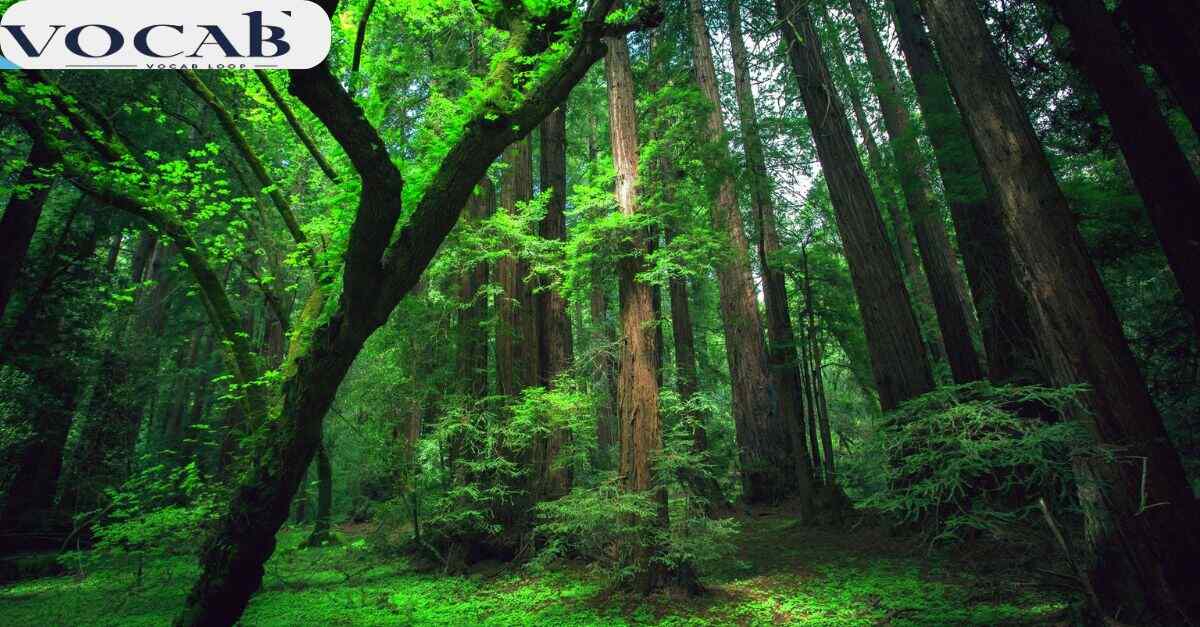Spelling errors can often seem small, but they can have a significant impact on the quality of your writing. One of the most common areas of confusion for writers is knowing when to use “Forrest” or “Forest.” Although the words sound nearly identical, they are used in different ways and have distinct meanings.
By understanding the differences between these two terms, you can improve your writing accuracy, avoid common misspellings, and strengthen your linguistic skills. In this article, we will delve into the meanings, usage, and origins of “Forrest” and “Forest,” helping you master the correct spelling for each.
What is There to Confuse: Forrest or Forest?
The reason people confuse “Forrest” and “Forest” is because they are homophones. Homophones are words that sound the same but have different meanings and spellings. This particular confusion often occurs because both “Forrest” and “Forest” are related to nature, with “Forest” referring to wooded areas and “Forrest” being a name. However, despite their similar pronunciation, understanding the distinction between them is essential for precise communication and effective writing skills.
The confusion goes beyond just spelling. If you accidentally use “Forrest” when you mean “forest,” or vice versa, it can affect the clarity of your writing. For instance, writing “I visited Forrest this weekend” when you meant to say “I visited the forest” can create a lot of confusion. By getting familiar with the meanings, definitions, and proper usage of each word, you can easily avoid these common mistakes.
Is the Forrest Word Correct?
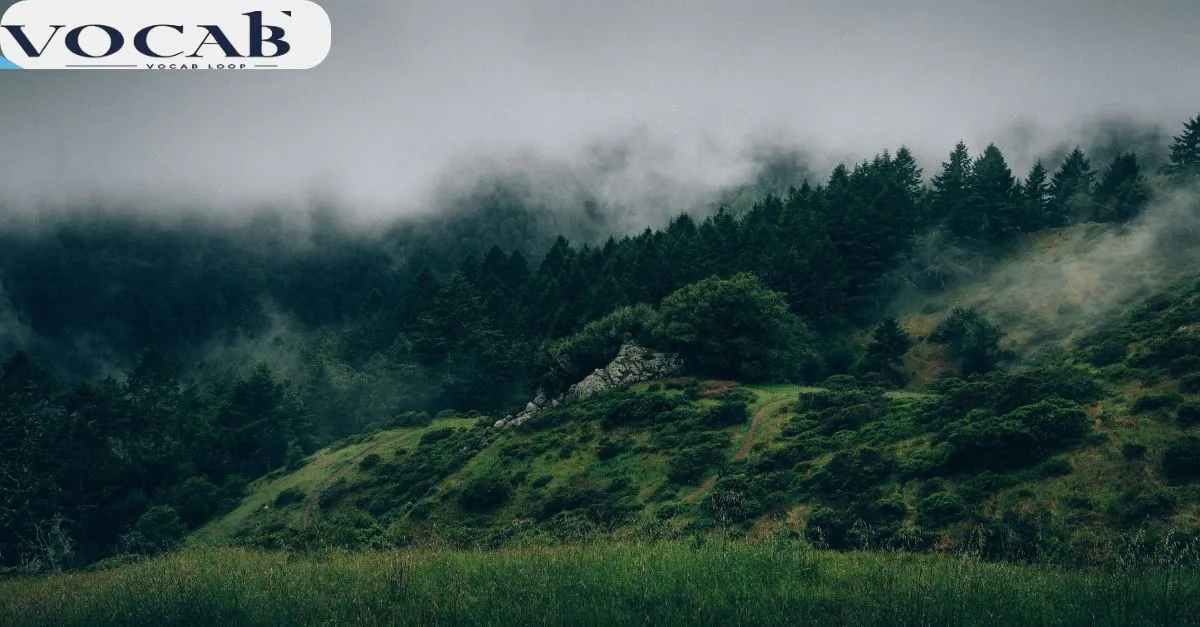
Definition:
“Forrest” is primarily a proper noun, which means it is a name. It often refers to a person’s name, such as the famous character “Forrest Gump” or a surname like “Forrest Whitaker.”
As a proper noun, it is not used to describe any general object or idea—only specific people or things.
Meaning:
The word “Forrest” originates from the Old French word “forest,” which referred to large, wooded areas. Over time, it evolved into a surname that signified someone who lived near or worked in a forest.
In modern times, “Forrest” has become a popular given name, most famously associated with the character in the 1994 film Forrest Gump, played by Tom Hanks.
Usage:
The term “Forrest” is used exclusively for proper nouns. For example, you might say, “Forrest Gump was a fascinating movie,” or “The Forrest family lives next door.”
In these examples, the word is being used to name specific people or things, not to refer to the natural environment.
Is the Forest Word Correct?
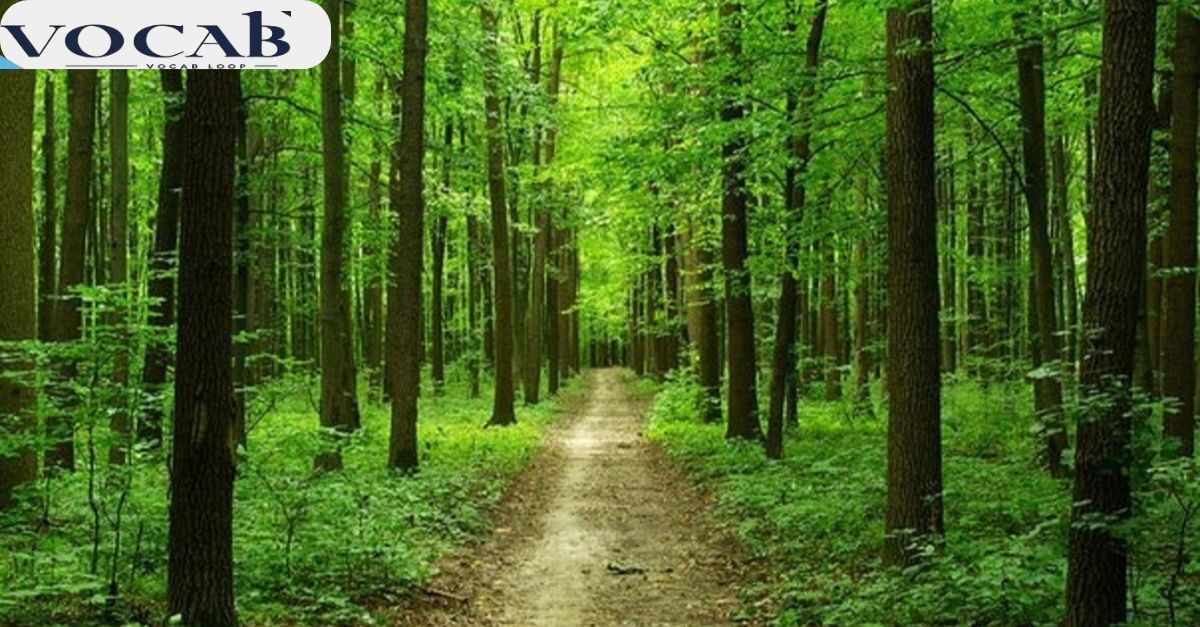
Definition:
“Forest,” on the other hand, is a common noun that refers to a large, dense area filled with trees, plants, and wildlife. Forests are essential ecosystems that support a wide variety of life, including animals, insects, and plants.
Forests play a crucial role in maintaining biodiversity, regulating climate, and producing oxygen for the planet.
Meaning:
The word “forest” has multiple meanings depending on the context. At its core, it refers to a natural environment, but it also holds symbolic significance. In literature and mythology, forests are often depicted as mysterious, magical places filled with danger or adventure.
The word “forest” can evoke images of deep, dark woods or lush, vibrant landscapes teeming with life.
Usage:
“Forest” is widely used in everyday conversation, particularly when discussing nature or ecology. For example, you might say, “I took a walk through the forest,” or “The forest is home to many endangered species.”
In these cases, “forest” is used to refer to a natural landscape, often associated with tranquility and the wonders of nature.
Quick Summary
“Forrest” is a proper noun, primarily used to name people or places, while “forest” is a common noun that refers to large, wooded areas in nature. Understanding which term to use will help you avoid confusion and ensure clear communication.
| Aspect | Forrest | Forest |
| Type | Proper noun | Common noun |
| Meaning | Name or surname | A wooded area of land |
| Usage | Used for people or places | Used to describe natural landscapes |
| Symbolism | Represents heritage, strength | Symbolizes life, mystery, and ecology |
Getting to the Root: Forrest vs. Forest

The origins of “Forrest” and “forest” reveal how their meanings and uses have diverged over time, despite sharing a common linguistic ancestry.
Forrest: A Historical Name
“Forrest” comes from the Old French word forêt, meaning a wooded area or hunting ground. Over time, it became a surname for people living near or working in forests. Later, it gained popularity as a first name, often symbolizing strength and connection to nature. The name became widely recognized through famous figures like the character Forrest Gump.
Forest: Nature’s Majesty
“Forest,” derived from the Latin foresta, originally referred to a royal hunting ground. As the term evolved, it came to describe any large area of trees and wildlife. Today, it symbolizes the beauty and diversity of nature, often representing mystery and ecological balance.
These origins highlight how one root word branched into two meanings: one tied to personal identity, the other to the natural world.
Forrest or Forest as Parts of Speech
Understanding how “Forrest” and “forest” function as parts of speech is essential to using them correctly.
- Forrest is a proper noun, meaning it only functions as a name in sentences. Proper nouns always begin with a capital letter and do not change in form.
- Forest is a common noun that can be used as the subject or object in a sentence. It can also be pluralized as “forests” when referring to multiple wooded areas.
For example, you might say:
- “Forrest is my friend.”
- “The forest was beautiful in the early morning.”
Pronunciation of Forrest or Forest
Both “Forrest” and “forest” are pronounced in the same way, which is part of the reason why they are often confused. They both follow the standard English pronunciation: /ˈfɔːrɪst/ (in both British and American English). However, while the pronunciation is the same, the context in which they are used determines the correct spelling.
When you speak, you rely on the context to know whether you’re referring to a person (Forrest) or a natural landscape (forest). This is why paying attention to the surrounding words is crucial for correct word usage.
Side-by-Side Comparison: Forrest or Forest
| Aspect | Forrest | Forest |
| Grammatical Role | Proper noun | Common noun |
| Meaning | A name or surname | A natural, wooded area |
| Symbolism | Heritage, strength | Life, mystery, nature |
| Context | Personal, names | Natural, environmental |
Which One is More Acceptable: Forrest or Forest?
When you’re writing or speaking, the correct word choice largely depends on the context. “Forrest” is acceptable when you’re referring to a name, whether of a person or a place. On the other hand, “forest” is appropriate when you’re describing a natural landscape or an ecological area.
If you are discussing nature, “forest” is always the correct term. On the other hand, if you’re referring to a name or a specific individual, “Forrest” is the one you should use. Mistaking the two can confuse your readers or listeners, so it’s important to choose the right word based on the context.
Forrest in British English and American English
In both British and American English, “Forrest” is used as a proper noun with no difference in spelling or usage. The name is universally recognized, especially in the context of the film Forrest Gump.
However, “forest” is used similarly in both dialects, though British English may have slight regional variations in the terminology for types of forests (e.g., “woodland” in some areas).
Forest in British English and American English
The word “forest” has the same meaning in both British and American English. However, there are some slight variations in how the term is used. In British English, for example, you might hear terms like “woodland” more often, which is similar but not exactly the same as a forest.
In American English, large natural areas like the “Amazon Rainforest” or “National Forests” are commonly discussed in environmental and cultural contexts.
Common Mistakes and How to Avoid Them
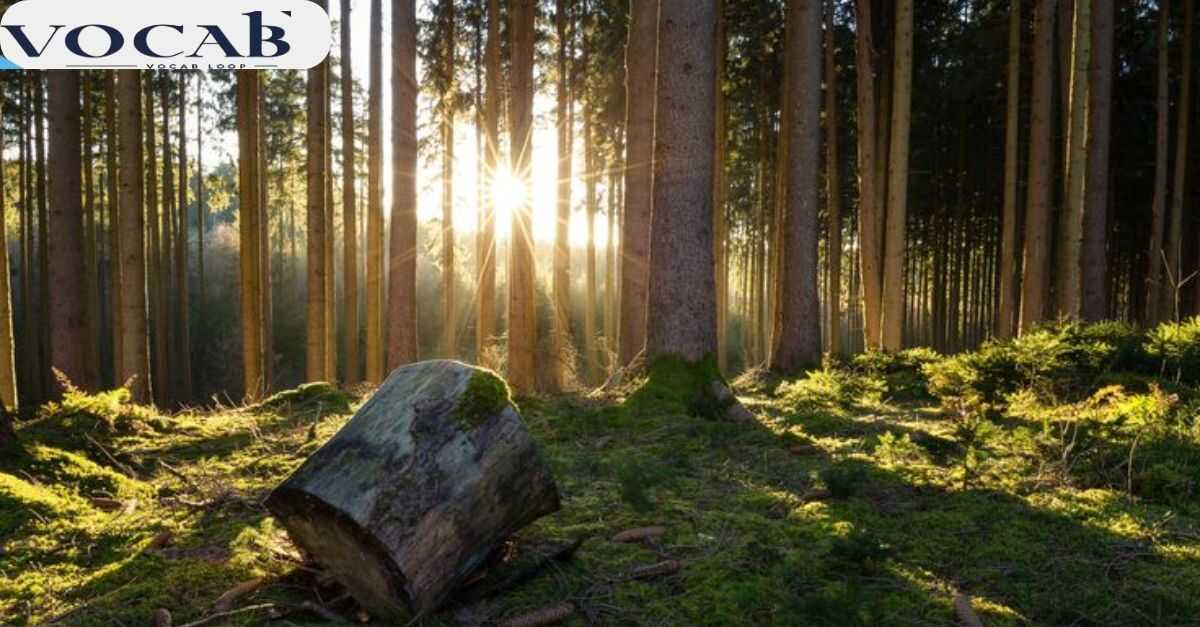
One of the most common misspellings is using “Forrest” instead of “forest” when referring to a natural wooded area. The best way to avoid this mistake is to pause and think about what you’re trying to say.
Are you referring to a person, place, or thing? If it’s a person’s name, then “Forrest” is appropriate. If you’re discussing nature or the environment, then use “forest.”
Trick to Remember the Difference: Forrest or Forest
Here’s a simple trick: If you’re talking about trees or nature, always use “forest.” Remember, “Forest” has more letters and stands for the larger, natural areas. On the other hand, “Forrest” is only used for names, and names often refer to specific people or places.
Another way to remember is: Forrest is a name, and Forest is a place.
Origins of Forrest and Forest
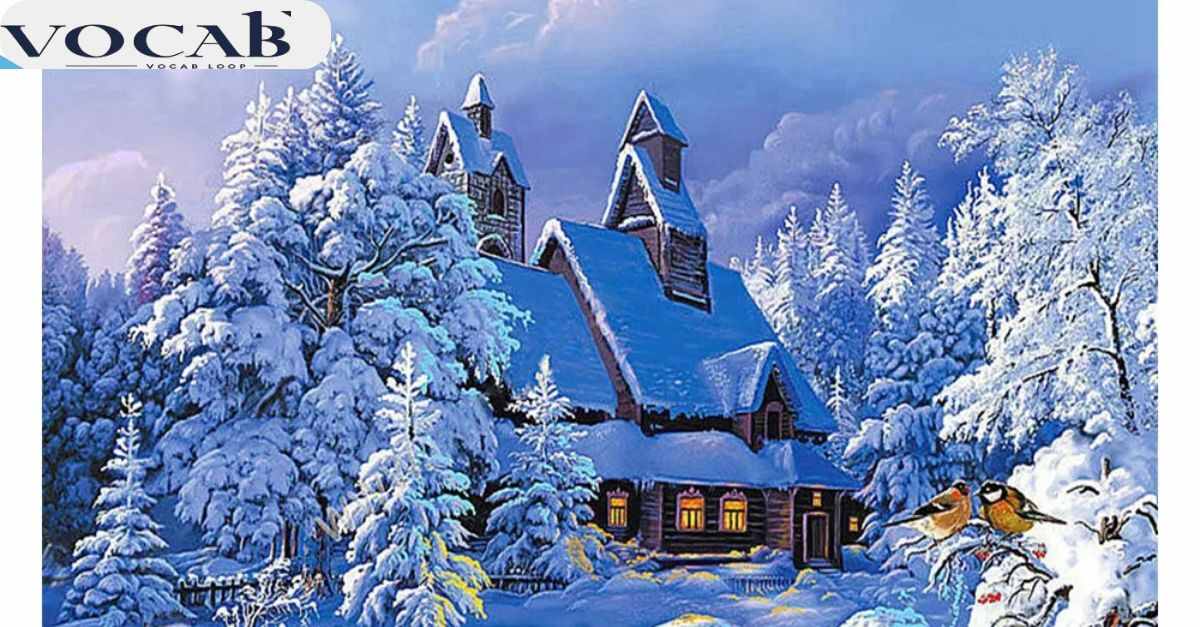
Origins of Forrest:
The name “Forrest” comes from the Old French word forêt, which originally referred to a hunting ground or a large wooded area. Over time, this term was used as a surname, often given to people living near or working in forests.
The name gained even more recognition after the release of the famous film Forrest Gump, based on the novel by Winston Groom. Today, “Forrest” is used as a proper noun, usually as a first name or surname.
Origins of Forest:
The word “forest” comes from the Latin word foresta, meaning a royal hunting ground or a large area of trees. In the medieval period, the term was used to describe land reserved for hunting.
Over time, the meaning expanded to include any large area filled with trees, representing the natural world. Today, “forest” is widely used to refer to a tree-filled area and holds symbolic meaning in both literature and environmental science.
Synonyms of Forrest and Forest
Forrest:
- Family name
- Given name
- Surname
- Title
- Identifier
- Moniker
- Handle
- Name
- Nickname
- Alias
Forest:
- Woodland
- Jungle
- Grove
- Timberland
- Wilderness
- Wood
- Rainforest
- Bush
- Thicket
- Wilds
Sentences in Daily Usage of Forrest and Forest
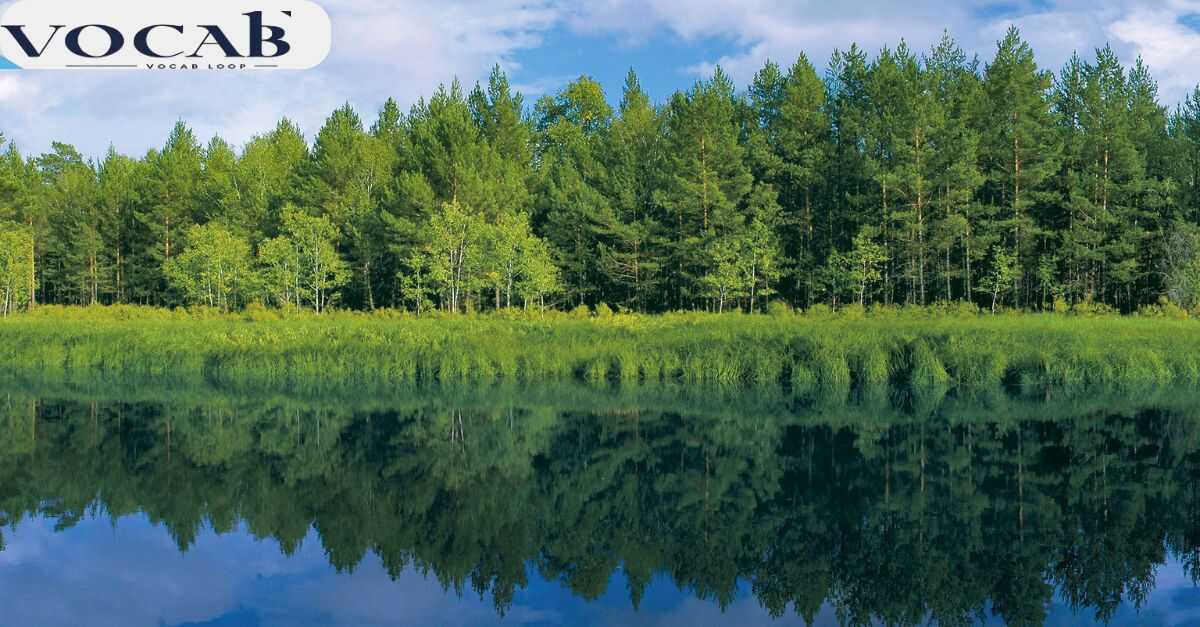
Forrest in Sentences:
- Forrest Gump was an iconic movie.
- I met Forrest at the party last night.
- My best friend’s name is Forrest.
- Forrest Whitaker is an amazing actor.
- We went to school with a guy named Forrest.
- Forrest is a common surname in many cultures.
- I’m attending a reunion with the Forrest family.
- Have you read the book Forrest Gump?
- Forrest’s story is inspiring and emotional.
- The Forrests are a great family.
Forest in Sentences:
- We hiked through the forest all day.
- The forest was filled with the sounds of birds.
- There is a forest near my house.
- The Amazon rainforest is the largest forest in the world.
- They studied the forest’s role in the local ecosystem.
- A fire destroyed much of the forest last year.
- The forest provides shelter to many animals.
- We camped out in the forest for the weekend.
- The forest is home to a wide variety of species.
- I enjoy walking through the forest when it rains.
FAQs
What is the difference between Forrest and Forest?
“Forrest” is a name, while “forest” refers to a large, wooded area.
Can I use Forrest to mean a forest?
No, “Forrest” is a proper noun used for names, not natural areas.
Is there a special rule for when to use Forrest or Forest?
Yes, “Forrest” is used for names, and “forest” is used for wooded areas.
Which spelling should I use for nature?
Always use “forest” for nature, and “Forrest” for a person’s name.
Are Forrest and Forest pronounced the same?
Yes, both words sound the same but have different meanings.
Conclusion
Understanding the difference between “Forrest” and “forest” is essential for clear communication and effective writing skills. By mastering these terms, you can avoid common spelling mistakes and improve your grammar accuracy. Whether you’re writing about a person’s name or a natural landscape, choosing the right word will ensure that your message is both precise and easy to understand. Keep practicing, and soon the proper use of “Forrest” and “forest” will come naturally!

Alex Hormozi is a seasoned blogger at Vocab Loop, known for his deep insights into language, vocabulary, and grammar. With years of experience in writing, Alex shares practical tips and effective strategies to help readers improve their linguistic skills and enhance their writing abilities.

